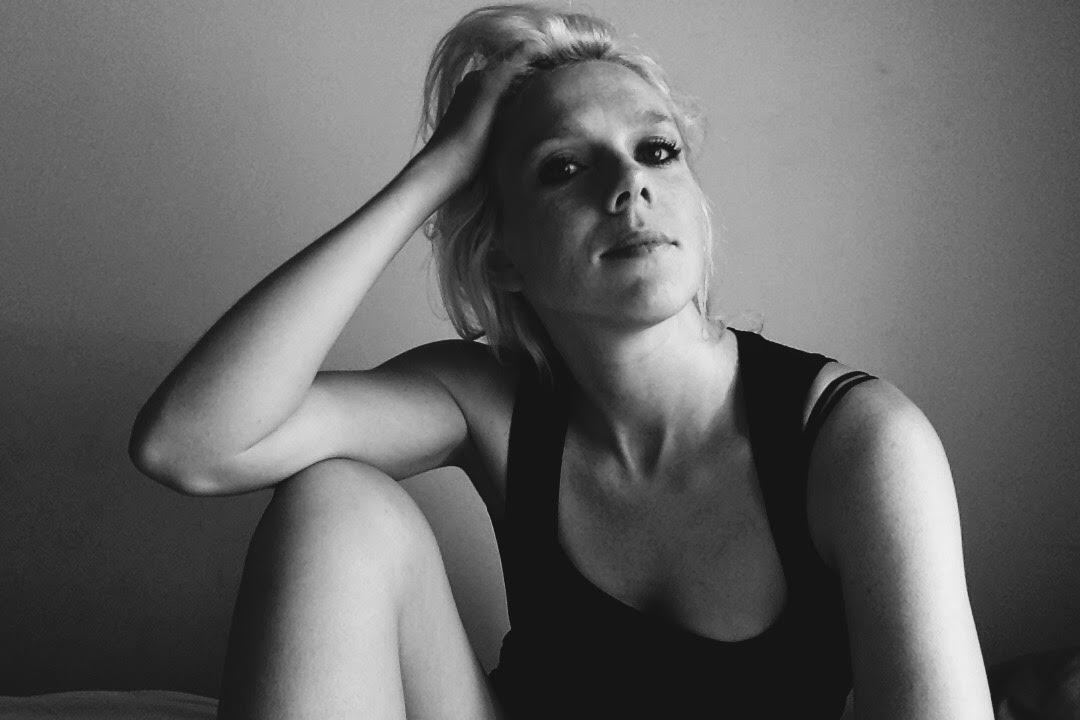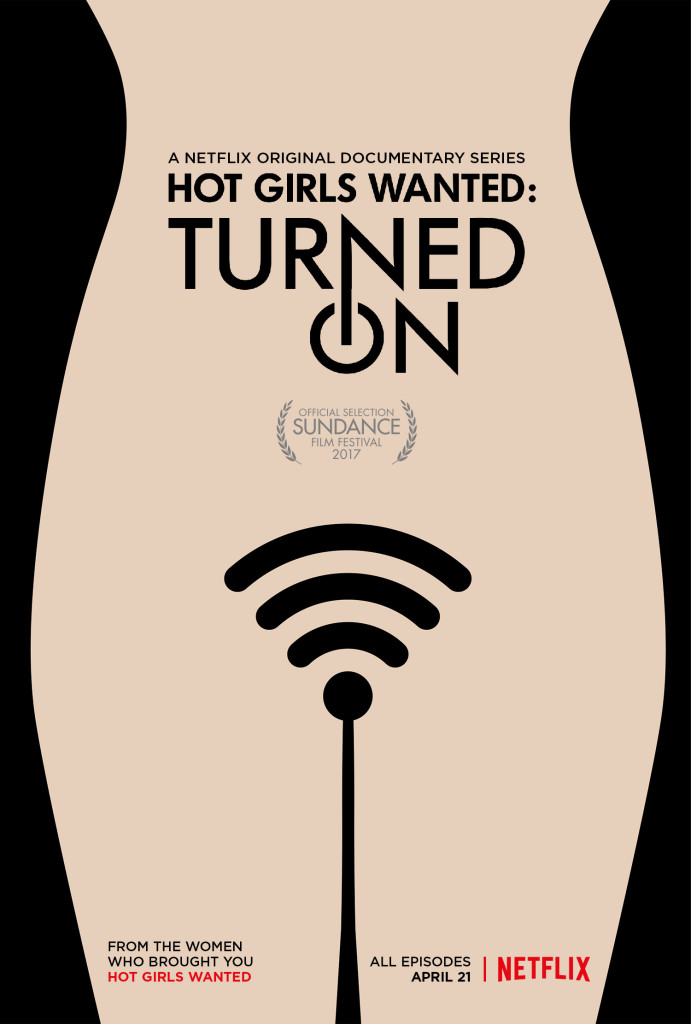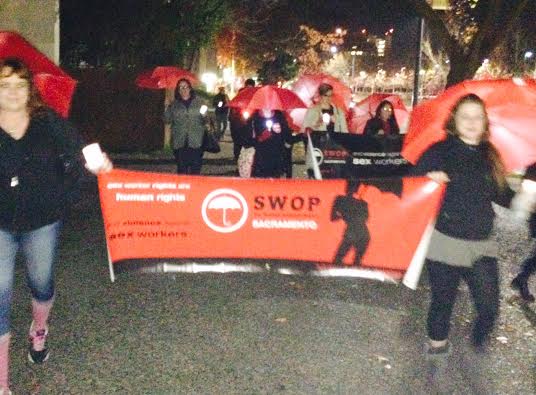Jacqueline Frances has drawn attention and acclaim with her deceptively simple cartoons of everyday strip club doings. The simplicity of her comics draws you in, and before you know it, you’re seeing men and masculinity from a sex workers’ view that few people can bring themselves to take on consciously. Frances toured last year with her… Continue reading Everybody Has Their Own Hustle: An Interview With Jacq The Stripper
Category: Interviews
Gia Paige After Hot Girls Wanted: Turned On
In a recent interview with Rolling Stone, Hot Girls Wanted: Turned On producer Rashida Jones reflected on the mistakes that were made with the original documentary: “I think that many people within the industry felt like the movie marginalized and further stigmatized sex work, which was not our intention at all.” It’s perplexing to reckon… Continue reading Gia Paige After Hot Girls Wanted: Turned On
Activist Spotlight: AMMAR Rep Maria Riot On Putas Feministas and Participating In The Women’s Strike
Maria Riot, a member of Argentine sex worker trade union AMMAR, contacted Tits and Sass after the Women’s Strike this month, eager to talk about how her organization participated in the event in their country. AMMAR has maintained a strong presence in Argentina for more than two decades, and its many bold campaigns have often… Continue reading Activist Spotlight: AMMAR Rep Maria Riot On Putas Feministas and Participating In The Women’s Strike
Starting To Show Up: An Interview With SWOP National’s President, Savannah Sly
SWOP (Sex Worker Outreach Project) is the most recognized name in sex workers’ rights advocacy in the U.S. Currently, they have over 25 chapters around the country, and a board of directors—SWOP National. The only requirements to be a chapter are that March 3rd (International Sex Worker Rights Day) and December 17th (International Day To… Continue reading Starting To Show Up: An Interview With SWOP National’s President, Savannah Sly
Activist Spotlight: Bonnie On Violence And Endurance
Content warning: This interview contains graphic descriptions of police violence and rape, imprisonment, and domestic abuse. Bonnie is a veteran sex workers’ rights activist who has done outreach work in the D.C. area since 2001. She was a HIPS (Helping Individual Prostitutes Survive) client who lived on the streets in Maryland. Later, she was inspired… Continue reading Activist Spotlight: Bonnie On Violence And Endurance




